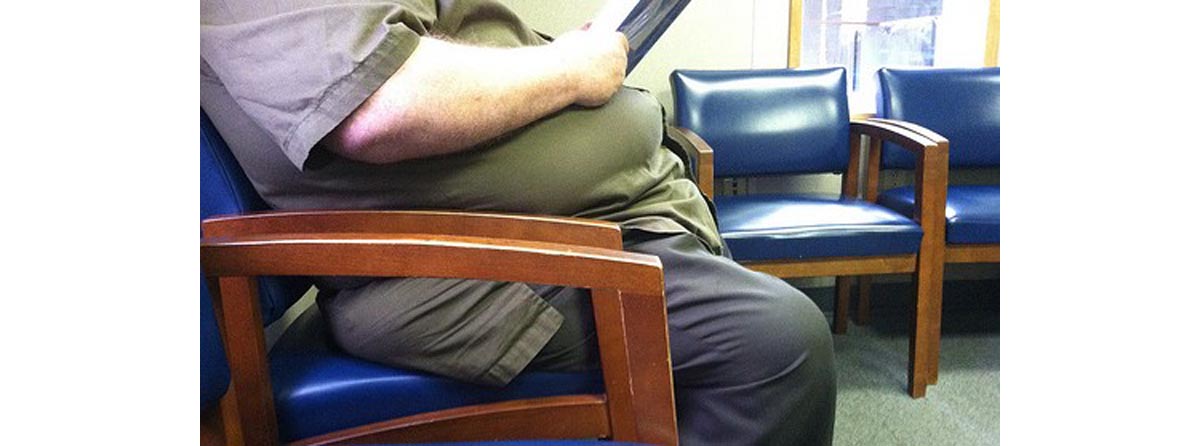Table of Contents
Personalized obesity therapy will work on a case-by-case basis. Instead of using a single measure for everyone and putting individuals onto a sliding scale of healthy and obese, personalized therapy will encourage a holistic approach which uses a wide range of data about an individual to arrive at a diagnosis and start treatment.

We all know someone who can eat like a horse but never put on any weight. We also know people who seem to be on a permanent diet, but struggle to keep off the pounds or constantly yo-yo between being fat and thin.
We now know that genetic factors and environmental factors both play a role in determining what kind of body shape we will have. Look at your parents. Whatever you see in them, the chances are high that this will be how you look when you are their age. That is the genetic influence. But there is a high proportion of environmental interaction at play. What your mother ate when she was pregnant with you, how your family treats mealtimes, what your attitude is to snacking and how your daily calorie needs are met by the foods you eat, are all just as important as the genes you were born with.
No Magic Bullet Yet…
Personalized therapy provides a way for medics to examine your present state of health and combine this with information about a vast number of different genes which regulate fat storage, energy metabolism and many different aspects of digestion. Along with a look at lifestyle and health prognosis, they can then tailor a prescription therapy which is based purely on how your body works and how that fits in to your daily routine.
- Have a thyroid function test to see if your metabolism is slower than normal.
- Have full blood lipids checked and fasting glucose. If there is diabetes present, then this will affect your metabolism and needs treating urgently.
- Look at the nutritional level of the food you eat. Does it contain all the vitamins and minerals that it should? Low levels of vitamins can affect the way that the body stores fats and some vitamins, such as vitamin D may become unavailable to the body because it becomes stored.
There is no need to struggle on with trying to lose weight. There are many alternative therapies and approaches which are now available to help.
- Personalized Nutrition: Translating Nutrigenetic/Nutrigenomic Research into Dietary Guidelines: Translation into Medical Practice and Dietary Recommendations (World Review of Nutrition and Dietetics) [Hardcover] A. P. Simopoulos (Editor, Series Editor), J.A. Milner (Editor), B. Koletzko (Series Editor) (2010).
- Photo courtesy of Tony Alter by Flickr : www.flickr.com/photos/78428166@N00/7805648938/
- Photo courtesy of Tony Alter by Flickr : www.flickr.com/photos/78428166@N00/8217443844/

